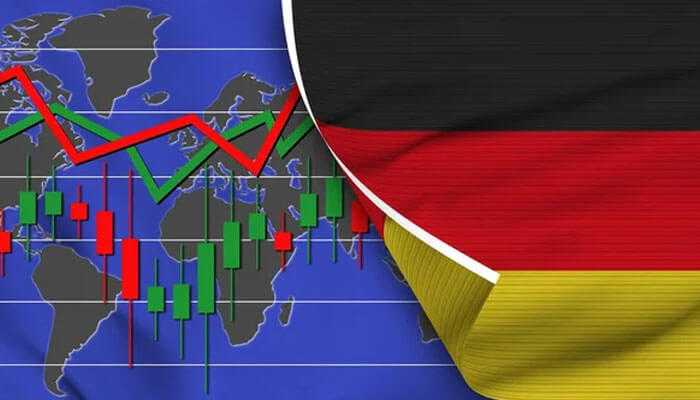Wednesday saw the opening of Germany’s benchmark stock index at an all-time high. Investors’ growing confidence that interest rates will soon be lowered outweighs concerns that the nation might be going through a recession.
The DAX closed at a record high of 16,533 points the day before, but as trading got underway on Wednesday, that high was surpassed. At 16,656 points, the index closed the day 0.7% higher and at a new record high.
Since late October, the index, which consists of the 40 most valuable businesses in the largest economy in Europe, has been rising relatively steadily. By the end of that month, official figures indicated that the 20 eurozone countries’ inflation had dropped significantly, to its lowest point in over two years.
The European Central Bank was forced to embark on an unprecedented cycle of interest rate hikes due to price increases, but in November, those hikes eased even further, to 2.4%.
With reference to a “remarkable” decline in inflation, ECB board member Isabel Schnabel effectively ruled out additional hikes on Tuesday, supporting investors’ expectations that borrowing costs would not be raised again. According to Schnabel, Reuters, “a further rate increase rather unlikely” because the central bank is on track to bring inflation down to its target of 2%.
The DAX has been boosted by “good news on inflation,” according to Lindsay James, investment strategist at Quilter Investors. She added that investors now anticipate the ECB to begin reducing rates as early as March.
The index has also increased, according to recent business surveys that suggested Europe’s economy might be bottoming out, she wrote in a note.
Tuesday’s closely watched purchasing managers’ survey, which monitors the manufacturing and services sectors in the eurozone, revealed that output shrank more slowly in November than it did in October.
Germany’s faltering economy
The German economy has been weakening and has lagged behind other major regional economies like France, Italy, and Spain. Despite this, the stock market gains are in contradiction with the situation. In the third quarter, Germany’s GDP decreased by 0.1% when compared to the preceding three-month period.
Provisional official data released on Thursday revealed that industrial production in Europe’s manufacturing powerhouse fell 0.4% in October compared to September, marking the fifth consecutive month of declines, which is a worrying indicator of the country’s problems.
Along with other economists, Ralph Solveen, senior economist at Commerzbank in Germany, wrote in a note that “makes it increasingly likely that the German economy will also contract slightly in the fourth quarter.”
A contraction of this kind would indicate that the nation has already entered a technical recession, which is indicated by two-quarters of falling output.
Additionally, official data released on Wednesday revealed that industrial orders in Germany decreased by 3.7% in October compared to the same month last year, defying economists’ slightly optimistic projections.
German businesses have also “significantly reduced their investment plans” for the current and upcoming year, according to a Monday Ifo Institute survey of 5,000 businesses.
The previous day, the business announced that there had been no evidence of forced labor discovered during an independent audit of a plant in China that it co-owns with SAIC Motor. Volkswagen has come under fire for its Xinjiang factory, where human rights organizations have found evidence of forced labor. China rejects all wrongdoing.



